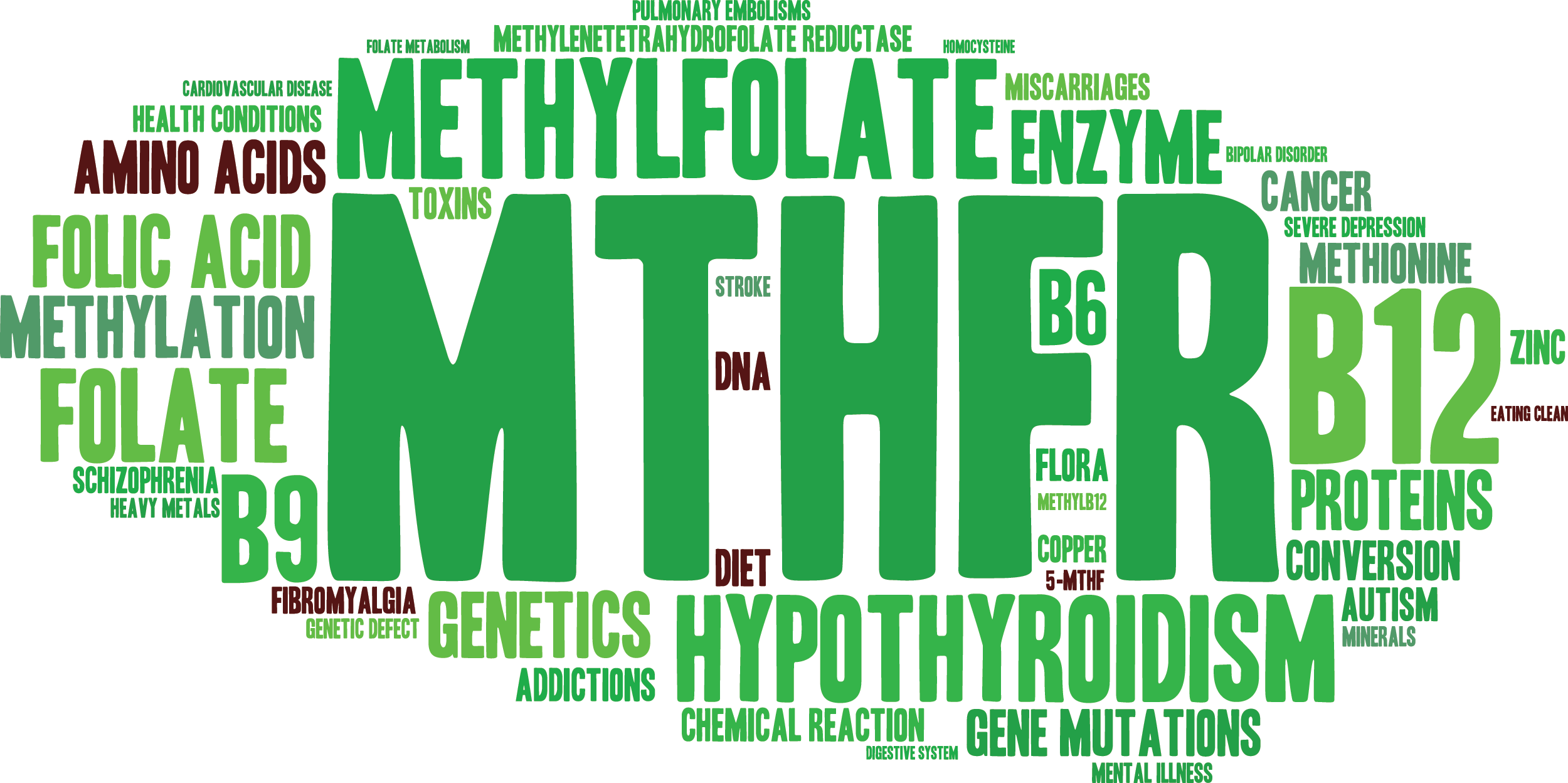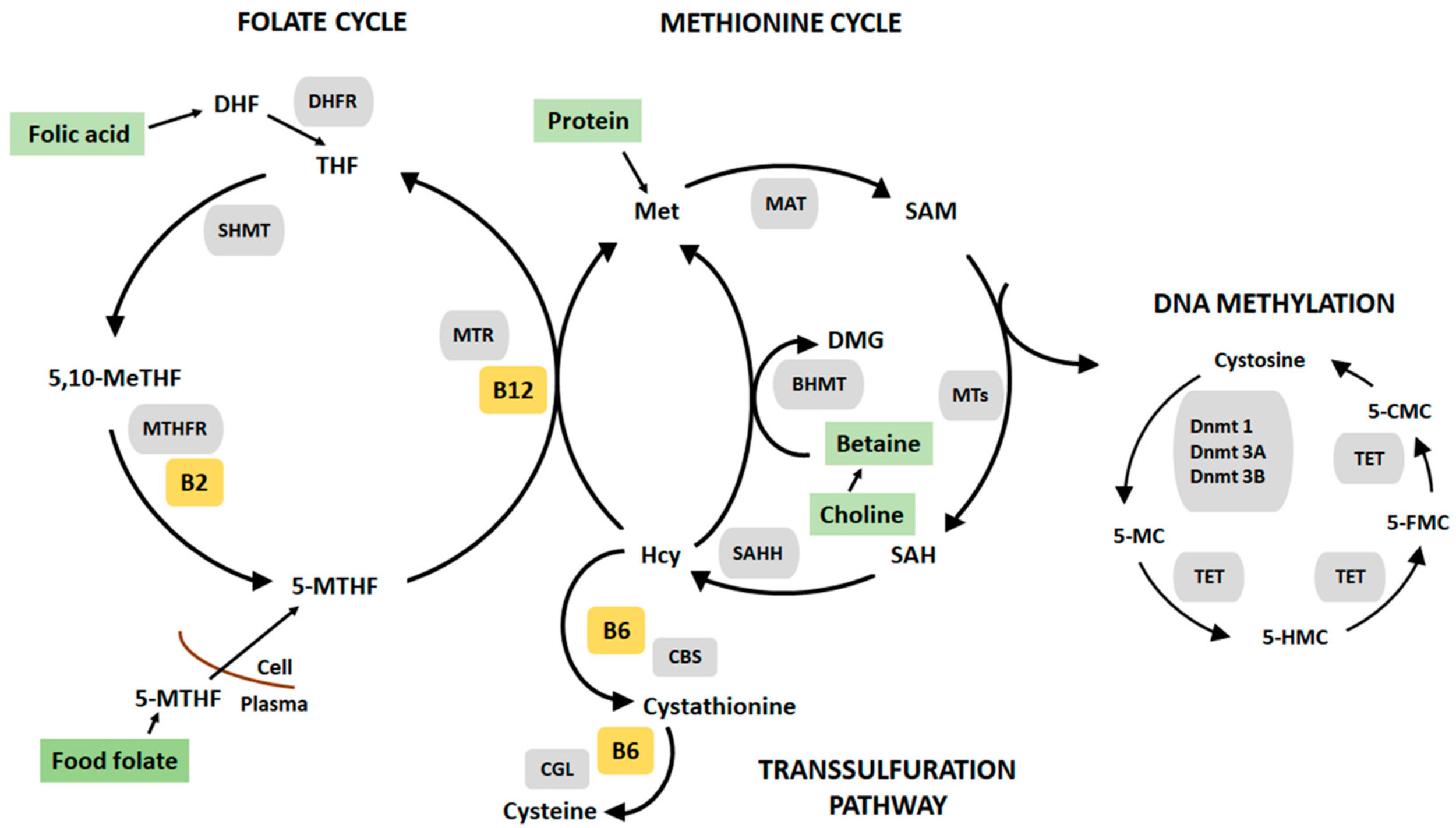Welcome to Methylation
In case you didn’t know, we are big fans of optimising cellular health around here. You quite literally have trillions of cells in your body that are constantly working overtime to make sure you remain healthy and balanced.
This is where we can introduce you to the world of Methylation. The methylation process happens in your body all day, every day, without you even knowing it.
At its core, the methylation cycle is a biochemical process that happens at the cellular level: A methyl group, which is a simple structure of one carbon and three hydrogen molecules, converts an amino acid called methionine into S-Adenosyl methionine (SAM-e). SAM-e is then able to travel around the body and donate methyl groups to a multitude of different compounds.
When a methyl group attaches to a molecule, or is passed from one molecule to another, it acts like a kind of green traffic light causing the molecule to start doing its work. When methylation is going well, the process helps repair your DNA, regulates hormones, produces energy, protects against cancer, supports detoxification, keeps your immune system healthy, supports the protective coating along your nerves, strengthens the nervous system and on and on and on. To function properly, the methylation cycle requires micro-nutrients from the foods that you eat. Your daily food choices really do matter.
Your genetics can also influence the function of your methylation cycle. Methylation patterns can be passed on and influence the gene expression of subsequent generations.
Up to 40% of the population has a genetic variation in one of the enzymes related to methylation. Fortunately, these variations can be influenced by diet and environmental factors. Again, your daily food choices really do matter.
Methylation and Health Problems
Given the many crucial functions of methylation, it’s not surprising that methylation problems can lead to a wide range of health conditions. Impaired methylation can lead to fatigue, depression, anxiety, histamine intolerance, increased risk of cancer, hormone imbalance, poor detoxification capacity, infertility, birth defects, insomnia, digestive problems, migraines, muscle pain, heart issues and strokes.
Understanding your genetics, addressing underlying health issues and implementing diet and lifestyle choices that best support your methylation cycle can be life changing.
Book an appointment today if you would like to learn more about your methylation cycle and how you can best support your cellular health.


